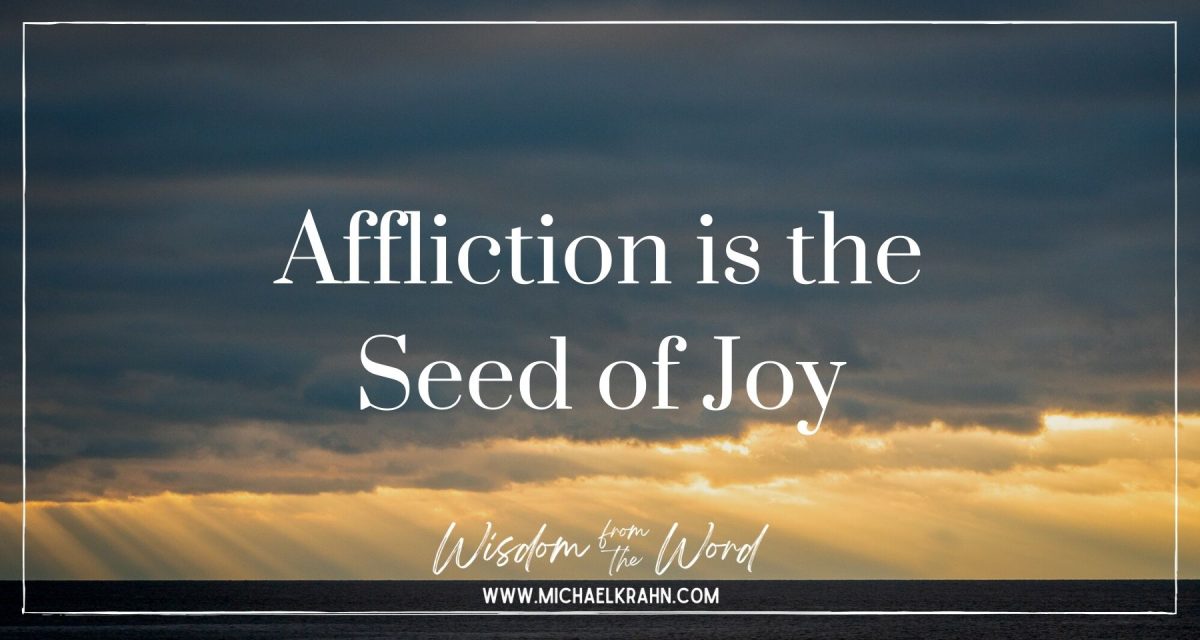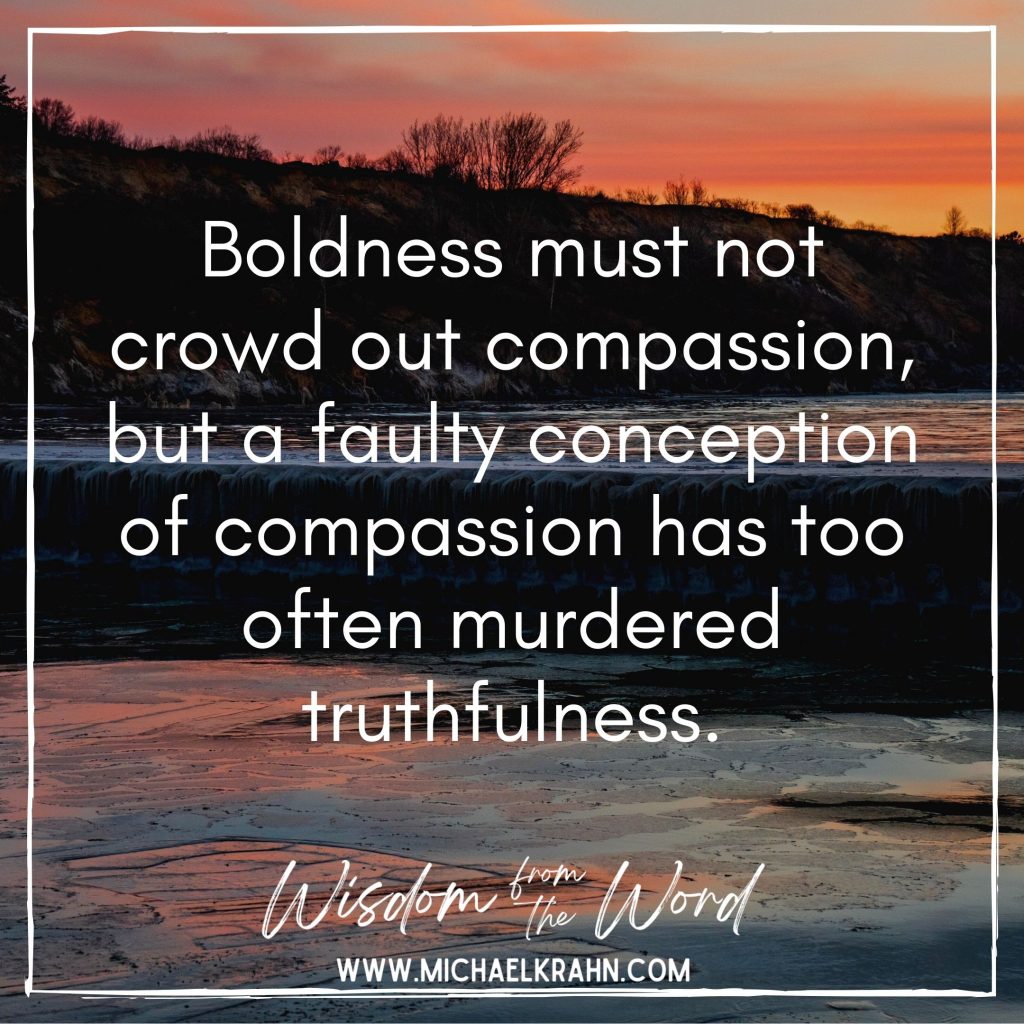We all know that we sometimes say less than we should in order to keep the peace and not make things awkward, but we should give that strategy a second thought the next time we are tempted to employ it. The stakes are much higher than we can imagine.
Among the most helpful chapters in Jordan Peterson’s 2018 book “12 Rules for Life: An Antidote to Chaos” is a chapter entitled “TELL THE TRUTH—OR, AT LEAST, DON’T LIE”. Peterson offers much that is helpful in understanding some of the bigger themes of scripture – in this case, the nature and importance of truth-telling.
In his first letter to the Thessalonian church, Paul writes: “But just as we have been approved by God to be entrusted with the gospel, so we speak, not to please man, but to please God who tests our hearts… Nor did we seek glory from people, whether from you or from others…” (1 Thes. 2:4,6) Paul’s primary concern is not to please people with words, but to speak the truth to them.
Proper Offences
Living in the presence of people whom you have offended with words is a taxing circumstance, and if we have given offence unnecessarily, we should repent. But if it is a situation in which the truth of the gospel is in conflict with the spirit of the age, we should not hesitate to speak the truth – even if it offends.
Pleasing people with our words and receiving glory from them is a temptation we all face. The lure of approval and acceptance is an enticement to compromise, to speak a little less than the truth, or to betray the truth altogether. The consequences of such actions are grave, as explained by Peterson: “When the lies get big enough, the whole world spoils. But if you look close enough, the biggest of lies is composed of smaller lies, and those are composed of still smaller lies—and the smallest of lies is where the big lie starts.” (Kindle Loc. 4353-4354)
If the Truth Sets Us Free…
If it is a fact that the truth sets free those who are in bondage to error – as Jesus clearly taught – it is no act of love to withhold the truth from anyone. Boldness, of course, must not crowd out compassion, but a faulty conception of compassion has too often murdered truthfulness.
And not only is this avoidance of truth detrimental to others but there is also a personal impact: “If you betray yourself, if you say untrue things, if you act out a lie, you weaken your character. If you have a weak character, then adversity will mow you down when it appears, as it will, inevitably. You will hide, but there will be no place left to hide. And then you will find yourself doing terrible things.”(Kindle Loc. 4072-4074)
The Solution?
The solution, again, in Peterson’s words is this: “If your life is not what it could be, try telling the truth. If you cling desperately to an ideology, or wallow in nihilism, try telling the truth. If you feel weak and rejected, and desperate, and confused, try telling the truth.”(Kindle Loc 4389-4391)
We might get sidetracked here on the question Pilate so succinctly uttered: “What is truth?” Although massively important, that is not the point at this moment. We all know that we sometimes say less than we should in order to keep the peace and not make things awkward, but we should give that strategy a second thought the next time we are tempted to employ it. The stakes are much higher than we can imagine.
Have your say! Join the conversation about this post on Facebook.




